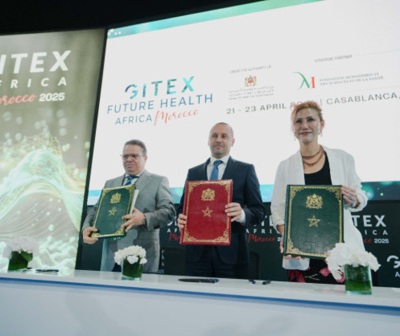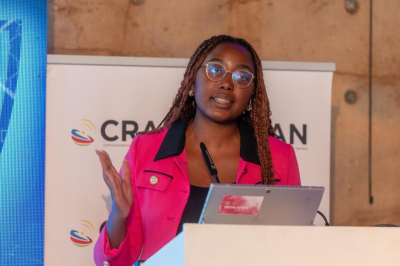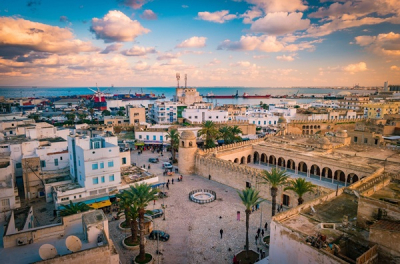The development of fintech startups in Africa has provided alternatives for populations excluded from traditional financial services. Thanks to these solutions, they can save or invest according to their means.
Ejara is a fintech solution developed by a Cameroonian startup, allowing users to access financial services through its mobile application. Founded in 2020 by Nelly Chatue-Diop, Baptiste Andrieux, and Tierno Tall, the Douala-based startup successfully raised $8 million in funding in 2022 to democratize access to digital investment and savings products and support its growth across the continent.
"In Africa, most people don't have the safety net of a pension fund, and some clients use Ejara for that. There are users, particularly mothers, who use the platform to invest in their children's university education. We also have a small portion of our customer base who are wholesalers, handling large volumes; they use crypto to fund and purchase goods from foreign suppliers through this method," explained Nelly Chatue-Diop.
The Ejara app is available on both iOS and Android and has already been downloaded over 100,000 times from PlayStore. After downloading, users create an account to access the startup's various services. Among other features, they can save funds and earn up to 5% annual interest or buy and sell cryptocurrencies. From Bitcoin to Tether, Ethereum to Binance Coin, the Cameroonian fintech offers Africans access to these digital currencies.
Ejara's system is based on blockchain technology, ensuring secure transactions. Additionally, the fintech has implemented a gateway that allows users to top up their digital wallets via mobile money. With just 1,000 CFA Francs (approximately $1.63), users can start saving or investing on the Cameroonian startup’s mobile platform.
"The integrated transparency and security offered by the blockchain, combined with the popularity of mobile banking services in Africa, made me realize that a mobile investment platform based on blockchain was the key to expanding financial inclusion," stated Nelly Chatue-Diop.
Adoni Conrad Quenum



















